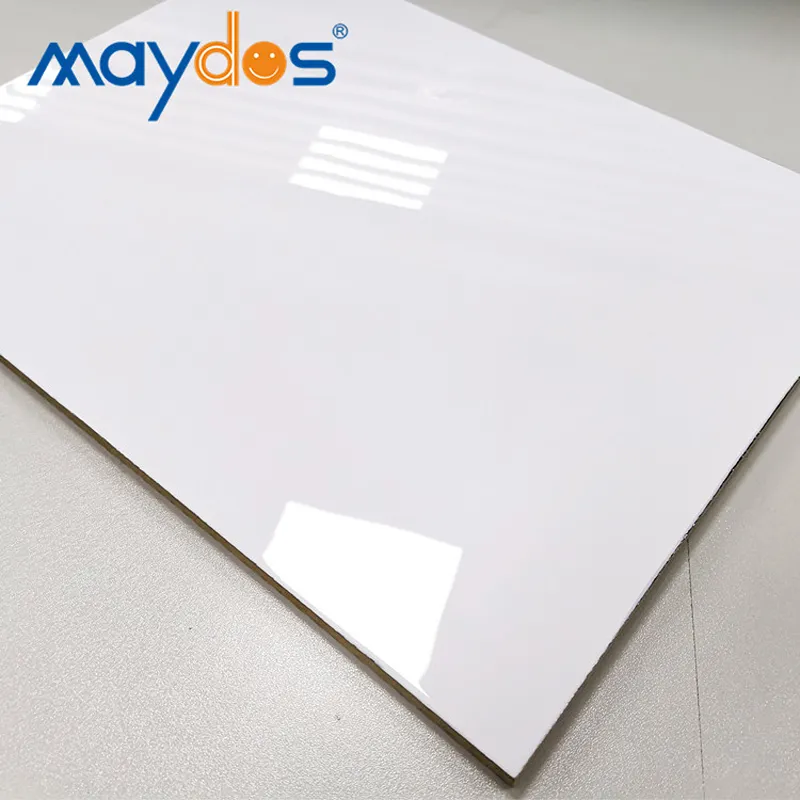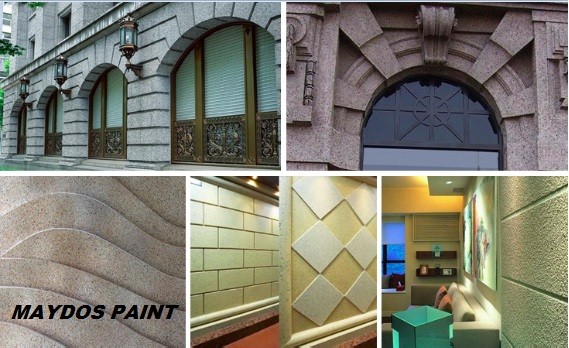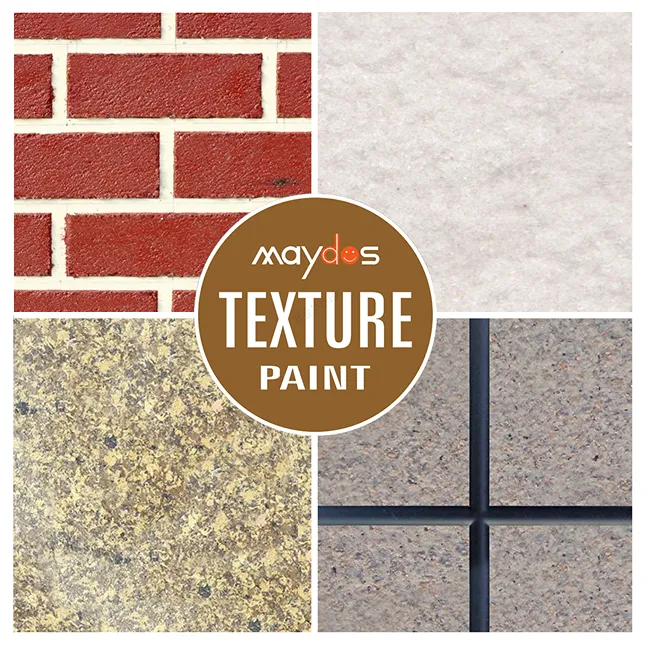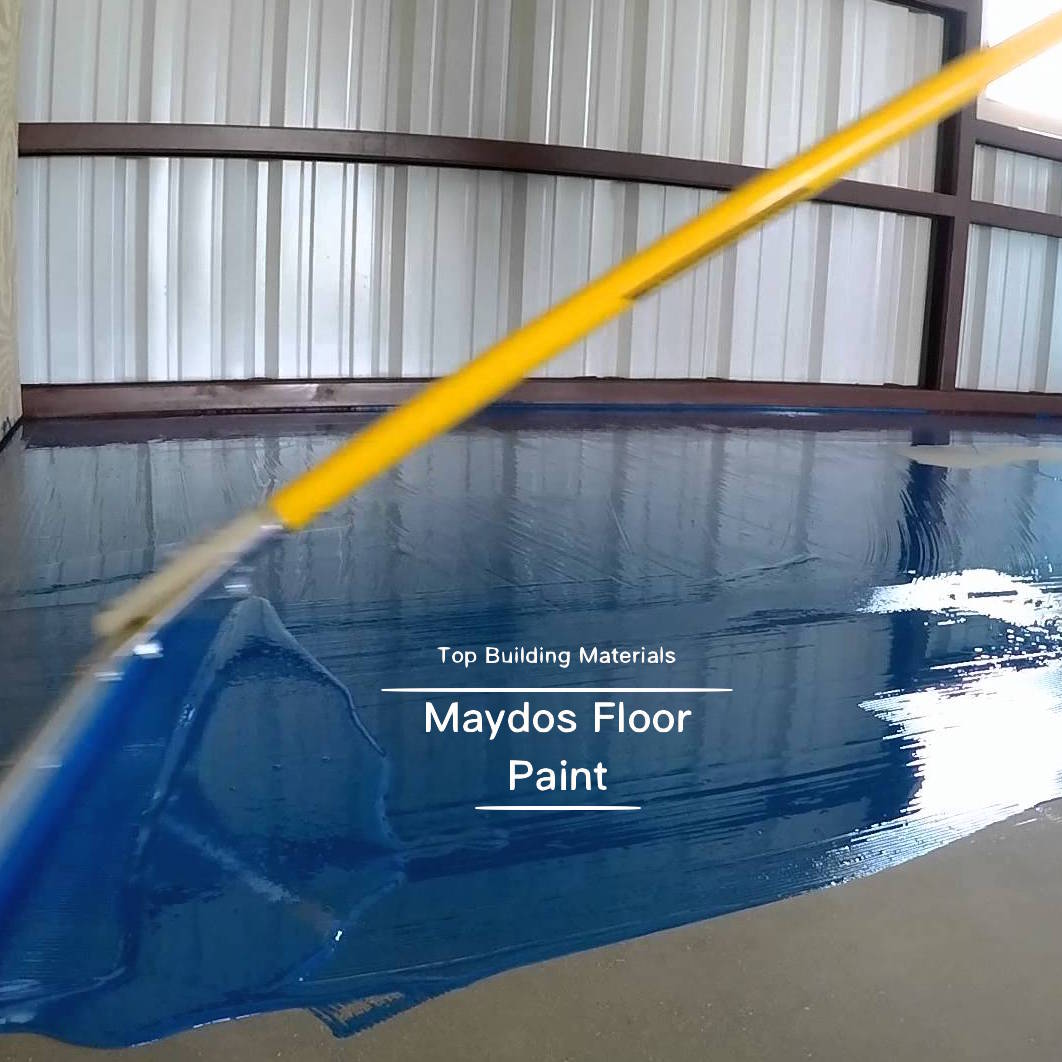Epoxy Floor Coatings
Epoxy floor coatings and their benefits have made it so popular to companies who are looking to add a little bit of style and protection to their floors. Epoxies come in a variety of colors and can be sprayed on as well as applied directly to the floor.
Benefits and Applications of Epoxy Floor Coating Epoxy floor coating are most often used for industrial and commercial flooring applications. Although most often used on concrete floors they are also applied to wood flooring as well. Epoxy is also being used on hardwood floors, tile floors, laminate floors, as well as marble and granite floors.
Epoxy has been in the floor coatings business since the 1980s but has only gained popularity in recent years. It was originally only used in a cosmetic way but it is now an integral part of many industries because of its wide range of benefits, including its ability to resist damage from chemicals and moisture.
Epoxy is water based, meaning it will not absorb moisture and is completely safe for you and your family. It can also be cleaned and maintained in a variety of ways, which makes it easy to keep up your flooring for many years. These coatings also look great when installed on a concrete or wood floor with little effort.
Epoxy coatings come in a variety of finishes, ranging from clear and neutral colors, two colors that include reds, blues, greens, tans, yellows, blues, and purples. They are also available in various textures to help you achieve the look you desire.
Epoxy does have its downsides though. Because epoxy is water based, it can stain easily and must be carefully removed before staining another area. They are also less stain resistant than many other types of floor-coating materials and may not be as resistant to the elements.
Some of the best places for epoxy floor coatings include kitchen floors, bathrooms, bathrooms, laundry rooms, basements, garage floors, bathrooms, and any room where there are high traffic areas. They come in a variety of colors, patterns, sizes, thicknesses, as well as different application techniques. These coatings do not require the same care and maintenance as wood or tile flooring coatings. Some of the best coatings will never need to be reapplied and will stay the same color throughout the life of the flooring.
There are some important considerations when deciding where to apply your epoxy. The best application is in an area that gets direct sunlight all day long, as that helps to seal the coatings off from moisture. Epoxies also do not require the same maintenance as wood floor coatings and may be used in place of a concrete floor for a very smooth and clean look.
Some common problems with epoxy floor coatings include scratching and chipping. If the coating does get scratched, you should try to cover the area with a mask and sandpaper or even a pumice stone. You may also want to cover the area with a polyurethane sealant to help protect the finish. From future damage and deterioration caused by moisture and dirt.
Epoxy floor coatings are not meant to be painted, but they can be stained, textured, or laminated if you so choose. You can also apply a variety of stains including latex, paint, and sealant to create a variety of finishes. There are special epoxy paints that are water based and do not require sanding to remove dust particles, which may cause peeling. And chip-causing imperfections.
Epoxy floor coatings are extremely easy to clean, but they do require that you keep the area away from dust and debris. Vacuum the area after cleaning and dry the surface completely prior to re-applying the coatings. Use a soft brush to wipe up any excess residue, and then buff or polish the surface to ensure the finish is still looking like new. They are also much less stain resistant than a hardwood floor, so it is important to clean the area after each use.
Epoxy floor coatings are one of the safest flooring coatings around and are guaranteed to last longer than most. They can be applied to just about any type of flooring surface and will remain virtually invisible and scratch resistant for years to come.





















